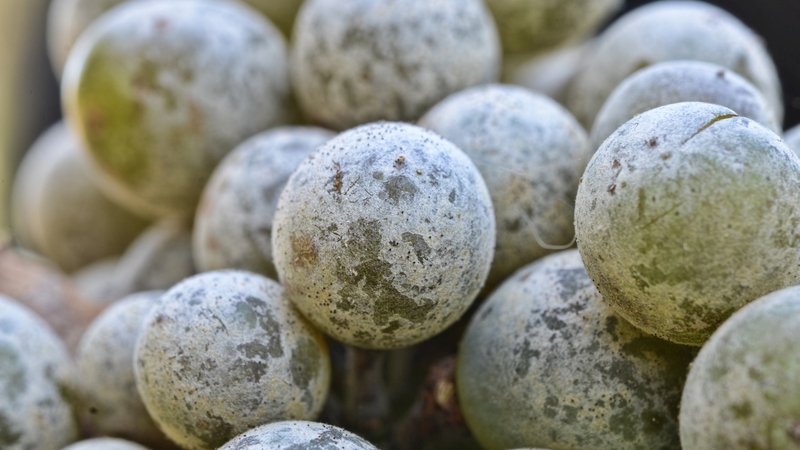USDA Fruit and Vegetable Advisory Committee Discuss Industry Issues
With the ag industry currently facing a number of challenges, the USDA Fruit and Vegetable Advisory Committee plays a more crucial role than ever in advising legislators on measures that will benefit it most. The group, which consists of 25 members appointed by acting agriculture secretary Chuck Conner, holds one to two meetings per year to discuss industry issues.
Import Domination Fears
There is concern among this year’s committee members about the potential for many crops to be imported from other countries due to increasing financial burdens on U.S. growers.
“When you have such a significant investment in land, crops, and labor, and you can’t harvest your own crops, that’s a huge loss,” says Luis Monterde of B&M Blueberries in Mississippi.
Monterde asserts that as farms in this country shut down for financial reasons, the U.S. will be forced to import food.
Larry Yonce of J.W. Yonce and Sons in South Carolina feels USDA’s risk management program is essential for the survival of the U.S. fresh produce industry. He points out that while the tools available to growers come close to addressing the issues of weather and climate variables, they still need to be tweaked to deal with the vulnerability of growers due to these factors.
“There are people in DC who want to reduce the crop insurance program, and I feel this is wrong. They should be able to sustain fruit and vegetable agriculture. The U.S. doesn’t need to import offshore fruits and vegetables in order to survive,” he says.
Tweaking The H-2A Program
Members of the committee concur that the H-2A program fails to address the labor concerns of growers across the country.
The H-2A program is not suitable for California and is rarely used by growers in that state, according to Wayne Brandt of Brandt Farms in California.
“We have a fairly stable workforce here that doesn’t depend on the farmers for housing, so we don’t have existing housing to provide for the people who are coming in,” he says.
Paul Newman of Rainier Fruit Company in Washington views H-2A as a solution for certain sectors of the industry, but also feels that it isn’t universally applicable. “I do believe there is a place for H-2A, though it’s not a fix-all,” he says.
Newman says the need for human involvement in labor won’t disappear completely, but that any type of automation would definitely ease the labor shortage.
“The automation is not there to replace jobs; it’s there to fill a void that exists in labor. However, work still needs to be done to develop quality machinery,” he says.
Yonce feels that some of the H-2A regulations could be streamlined so that they work for West Coast growers, as well as East Coast growers. “It’s not a bad program,” he adds. “It just needs to be fixed.”
Food Safety Threatened
Monterde’s fears about importation becoming the standard in the fresh produce industry include a drastic decrease in traceability of the crops.
“We take this issue very seriously,” Monterde explains. “We can tell where the crop came from and we’re currently working on determining which pint it came from. There is no excuse, in the event someone gets ill from a food product, not to know the origin of that product.”
Yonce concurs that food safety is a significant concern in regard to importation. He points out that the U.S. can’t regulate crops that are grown and processed in other countries.
While Brandt agrees that food safety is an important issue, he believes that any legislation passed should be crop specific. “It’s very important that if food safety legislation does come, it’s not one-size-fits-all,” he says.









